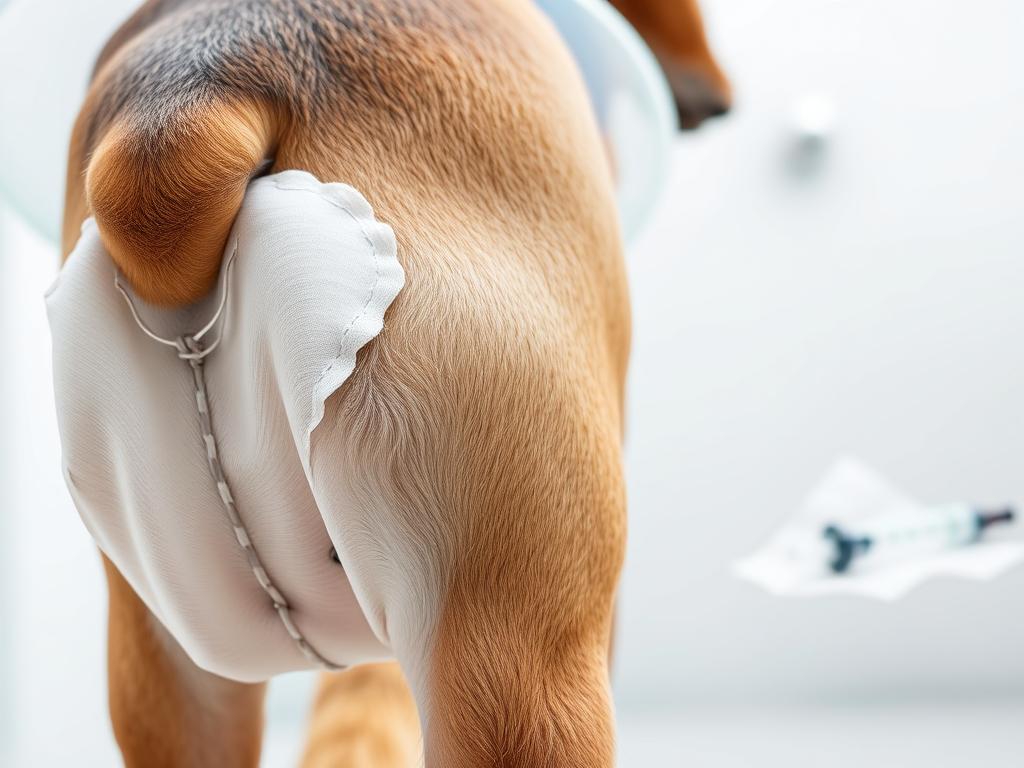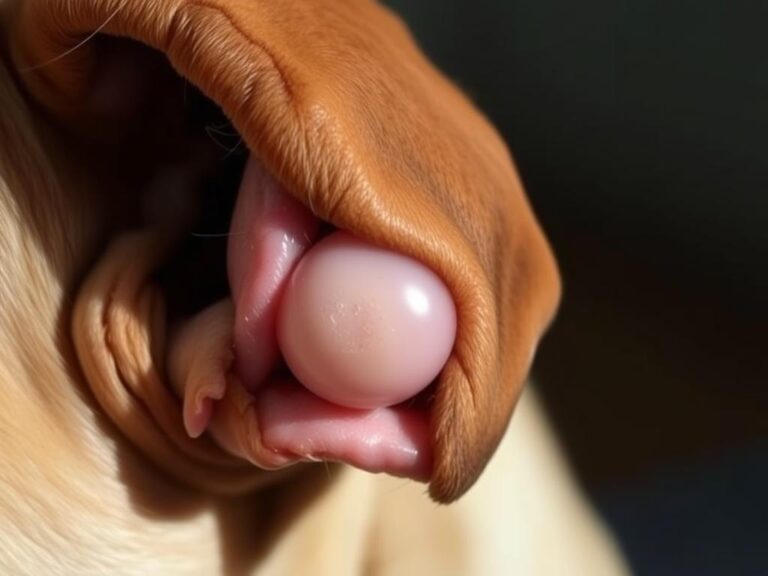Neutering a Dog: Average Costs and What to Expect
Neutering a dog is a significant decision that impacts the animal’s health and behavior. It’s a surgical procedure that eliminates the dog’s ability to reproduce, and it’s commonly performed to prevent unwanted litters and reduce certain health risks.
The cost to neuter a dog can vary based on several factors, including the dog’s size, age, and location. On average, the cost ranges from $50 to $500, depending on the complexity of the procedure and the veterinarian’s fees.
Understanding the dog neutering cost and what to expect during the procedure can help dog owners make informed decisions about their pet’s care. Neutering not only helps control the population of stray dogs but also has health benefits for the animal, such as reducing the risk of certain cancers.
Understanding Dog Neutering
Dog neutering, a surgical procedure to sterilize dogs, offers various health and behavioral advantages. This operation is not just about preventing unwanted litters; it’s a significant step in ensuring your dog’s overall well-being.
What is Dog Neutering?
Dog neutering, also known as spaying or castration, involves surgically removing the reproductive organs to prevent breeding. For males, this means removing the testicles, while for females, it involves removing the ovaries and uterus.
Health Benefits of Neutering
Neutering provides several health benefits, including reducing the risk of certain cancers and infections. For instance, neutering eliminates the risk of testicular cancer in males and reduces the risk of uterine infections in females.
Behavioral Benefits
Neutering can also positively impact your dog’s behavior. It can reduce aggression, roaming tendencies, and undesirable behaviors like marking territory.
Best Age to Neuter Different Dog Breeds
The ideal age for neutering varies by breed and size. Generally, smaller breeds can be neutered earlier, around 6-9 months, while larger breeds may benefit from waiting until they are a bit older, around 1-2 years.
| Breed Size | Recommended Neutering Age |
|---|---|
| Small Breeds | 6-9 months |
| Medium Breeds | 9-12 months |
| Large Breeds | 1-2 years |
How Much to Neuter a Dog: Cost Breakdown
The cost of neutering a dog can vary widely based on several factors, including location, the dog’s size, and the veterinarian’s fees.
National Average Cost Range
The national average cost to neuter a dog ranges from $50 to $500. This wide range is due to factors such as the dog’s size, age, and health, as well as the type of clinic or veterinarian providing the service.
Price Differences by Location
Location plays a significant role in determining the cost of neutering a dog. Urban areas tend to have higher prices compared to rural areas. For instance, the cost in major cities like New York or Los Angeles can be significantly higher than in smaller towns.
Additional Costs to Consider
Besides the surgery itself, there are additional costs to consider, such as pre-surgery blood work, post-operative care, and potential complications. These can add $50 to $200 to the overall cost.
Low-Cost Neutering Programs and Shelters
For pet owners on a tight budget, low-cost neutering programs and animal shelters offer affordable options. These services are often subsidized by local governments or animal welfare organizations.
Pet Insurance Coverage for Neutering
Some pet insurance policies cover neutering procedures, either fully or partially. It’s essential to check with your insurance provider to understand what is covered.
| Service | Average Cost | Range |
|---|---|---|
| Neutering Surgery | $200 | $50-$500 |
| Pre-Surgery Blood Work | $30 | $20-$50 |
| Post-Operative Care | $50 | $20-$100 |
Preparing Your Dog for Neutering
Preparing your dog for neutering is a crucial step in ensuring a smooth and successful procedure. Proper preparation not only helps in reducing the risk of complications but also makes the recovery process easier for your dog.
Required Pre-Surgery Veterinary Exams
Before the neutering surgery, your veterinarian will conduct a thorough examination to ensure your dog is healthy enough for the procedure. This exam may include checking your dog’s overall health, reviewing their medical history, and discussing any concerns you may have.
Pre-Surgery Blood Work
In some cases, your veterinarian may recommend pre-surgery blood work to check for any underlying health issues that could affect the surgery or your dog’s recovery. This is particularly important for older dogs or those with a history of health problems.
Food and Water Restrictions
Your veterinarian will advise on food and water restrictions before the surgery. Generally, dogs are required to fast for a certain period before the procedure to prevent any complications related to anesthesia.
Creating a Comfortable Recovery Space at Home
After the surgery, your dog will need a quiet, comfortable space to recover. This involves setting up a warm, draft-free area where your dog can rest without being disturbed. Ensure that your dog’s favorite resting spot is easily accessible and comfortable.
| Pre-Neutering Preparation Steps | Description |
|---|---|
| Veterinary Exams | Thorough health check before surgery |
| Blood Work | Checking for underlying health issues |
| Dietary Restrictions | Fasting before surgery as advised by the vet |
| Recovery Space | Creating a comfortable, quiet area at home |
The Neutering Procedure: Step by Step
As a pet owner, comprehending the steps involved in neutering your dog can make the process less daunting. The dog neutering procedure is a surgical operation that, while routine, requires careful consideration and preparation.
Admission and Pre-Surgical Assessment
Upon arrival at the veterinary clinic, your dog will undergo an initial assessment to ensure they are healthy enough for the surgery. This includes checking vital signs and reviewing your dog’s medical history.
Anesthesia Administration
To ensure your dog’s comfort during the procedure, anesthesia will be administered. The type and amount of anesthesia used can vary depending on the dog’s size, age, and health status.
Surgical Techniques and Procedures
The neutering surgery involves surgically removing the reproductive organs. The veterinarian will perform the surgery with precision, following standard surgical neutering protocols to minimize risks.
Monitoring During Surgery
Throughout the surgery, your dog’s vital signs are closely monitored to ensure their safety. This includes tracking heart rate, breathing rate, and other critical health indicators.
Immediate Post-Operative Care
After the surgery, your dog will be taken to a recovery area where they will be monitored until the anesthesia wears off. The veterinary team will provide instructions on how to care for your dog post-surgery.
Understanding these steps can help you prepare your dog for the dog neutering procedure, making the experience less stressful for both you and your pet.
Post-Neutering Care and Recovery
Proper post-neutering care can significantly impact your dog’s recovery and overall health. Ensuring a smooth and safe recovery involves understanding the critical steps to take immediately after the surgery and in the days that follow.
The First 24-48 Hours After Surgery
The initial 24-48 hours post-neutering are crucial. Monitor your dog closely for any signs of complications, such as excessive bleeding, swelling, or discharge from the incision site. Keep your dog calm and quiet to prevent any strain on the surgical site.
Pain Management Options
Effective pain management is vital for your dog’s comfort during the recovery period. Your veterinarian will likely prescribe pain medication; it’s essential to follow their instructions carefully to ensure your dog remains comfortable.
Preventing Your Dog from Licking the Incision
Preventing your dog from licking the incision site is crucial to avoid infection. Using an Elizabethan collar (E-collar) is a common and effective method to prevent licking and ensure the incision heals properly.
Activity Restrictions and Exercise Guidelines
Limiting your dog’s activity is essential during the recovery period. Avoid strenuous activities, such as running or jumping, for at least a week after surgery. Short, gentle walks are permissible to help your dog relieve themselves.
Potential Complications and When to Call the Vet
While complications are rare, it’s crucial to be aware of the signs, which include excessive bleeding, severe swelling, or a foul odor from the incision site. If you notice any of these symptoms, contact your veterinarian immediately.
Expected Behavioral Changes After Neutering
After neutering, some dogs may exhibit changes in behavior, such as reduced aggression or roaming tendencies. However, every dog is different, and the extent of these changes can vary. Be patient and give your dog time to adjust.
Neutering a Dog: Making an Informed Decision
Neutering a dog is a significant decision that impacts not only the animal’s health but also its behavior and overall well-being. Understanding the benefits and costs associated with dog neutering is crucial for responsible pet ownership.
The benefits of neutering a dog are multifaceted, ranging from reducing the risk of certain health issues to curbing undesirable behaviors such as roaming or aggression. By choosing to neuter, dog owners can contribute to the animal’s quality of life and longevity.
The cost of neutering a dog can vary based on several factors, including location, the dog’s size, and the veterinarian’s fees. While the initial expense may seem significant, it’s essential to consider the long-term savings and benefits, such as reduced costs associated with unwanted litters or health issues that can be prevented by neutering.
Ultimately, the decision to neuter a dog should be based on informed considerations of the dog’s health, behavioral needs, and the owner’s financial situation. By weighing these factors, dog owners can make a decision that is in the best interest of their pet.






